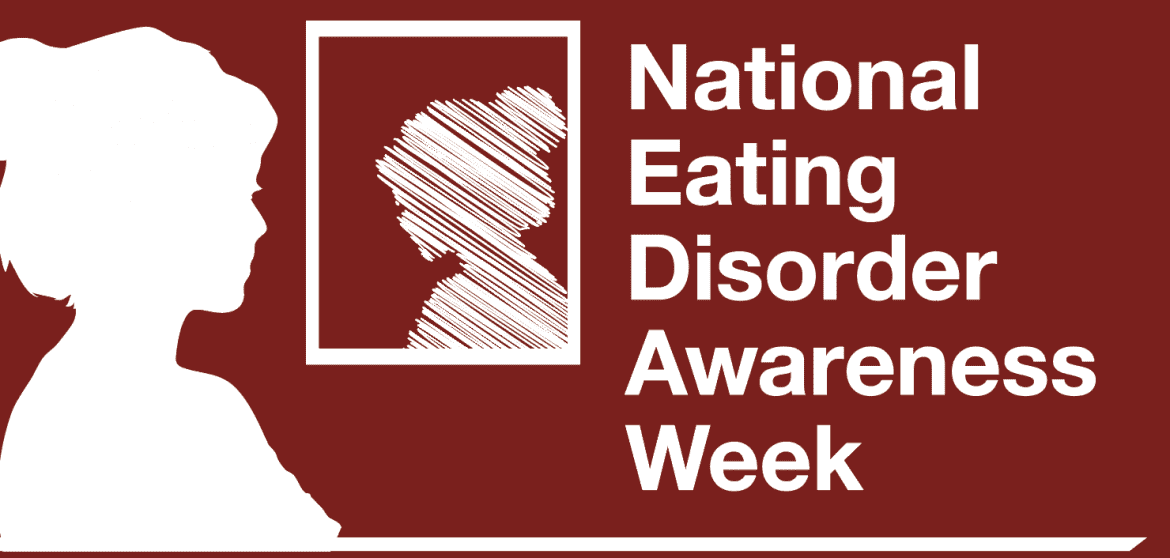Today concludes National Eating Disorder Awareness Week, a week dedicated to breaking down the stigma surrounding eating disorders. Eating disorders affect 10-15 percent of Americans and have the highest mortality rate of any mental illness, according to Mirasol Recovery Centers.
According to Glen Adams, professor of psychology, an eating disorder is a disruption in the typical pattern of how people manage and respond to food and is classified as a mental disorder in line with Attention Deficiet Disorder (ADD), Obsessive Compulsive Disorder (OCD) and General Anxiety Disorder, as they are defined by the Diagnostic and Statistical Manual of Mental Disorders.
Lisa Ritchie, professor of family and consumer sciences and registered dietitian nutritionists (RDN) expressed that eating disorders are disordered coping mechanisms that require the expertise of mental health professionals as well as nutritional professionals. Adams said eating disorders are not as simple as just adjusting one’s eating patterns but involve retraining thought patterns.
Junior Brittany Thompson explained the dangerous nature of eating disorders and her personal experience with anorexia and bulimia in high school.
“I think it’s important for people to realize how dangerous eating disorders are and that people literally die from it,” Thompson said. “I, for example, lost my period for two years.”
Senior Kathryn Forrester said she was surprised to learn how broad the range of eating disorders can be — from more well-known disorders like anorexia and bulimia to disorders such as orthorexia: the obsessive control of restrictive eating and excessive exercising.
In regard to promoting an atmosphere of healthy relationships with food, Sarah Oropeza, professor of family and consumer sciences, spoke passionately on why she believes rejecting diet culture and language that promotes such culture is key to promoting healthy eating habits. Both said diet culture and fad diets promote a toxic binge- eating and diet cycle that is not sustainable and can lead to eating disorders.
“What comments you say about dieting, about weight gain, about being fat, all of these diet-shaming, body- shaming types of messages that we say out loud, that we put on social media, can be very devastating for someone who has an eating disorder,” Oropeza said.
Oropeza suggested the best way to combat this kind of language is learning to change the subject. Thompson also suggested complementing others’ admirable character traits or actions rather than their looks to help combat the promotion of an ideal body type.
“Our bodies are made to have fat on them, and a healthy body does not look like what society’s ideal body is,” Thompson said.
Thompson, Ritchie, Adams and Oropeza all spoke about the importance of intervention, even though someone may reject those efforts. Adams and Thompson recommended early intervention, Thompson adding that she wishes she had addressed her unhealthy habits early on. Oropeza said that if someone comes to you for help, the first thing to do is help them get help in the Counseling Center, which is free to Harding students.
